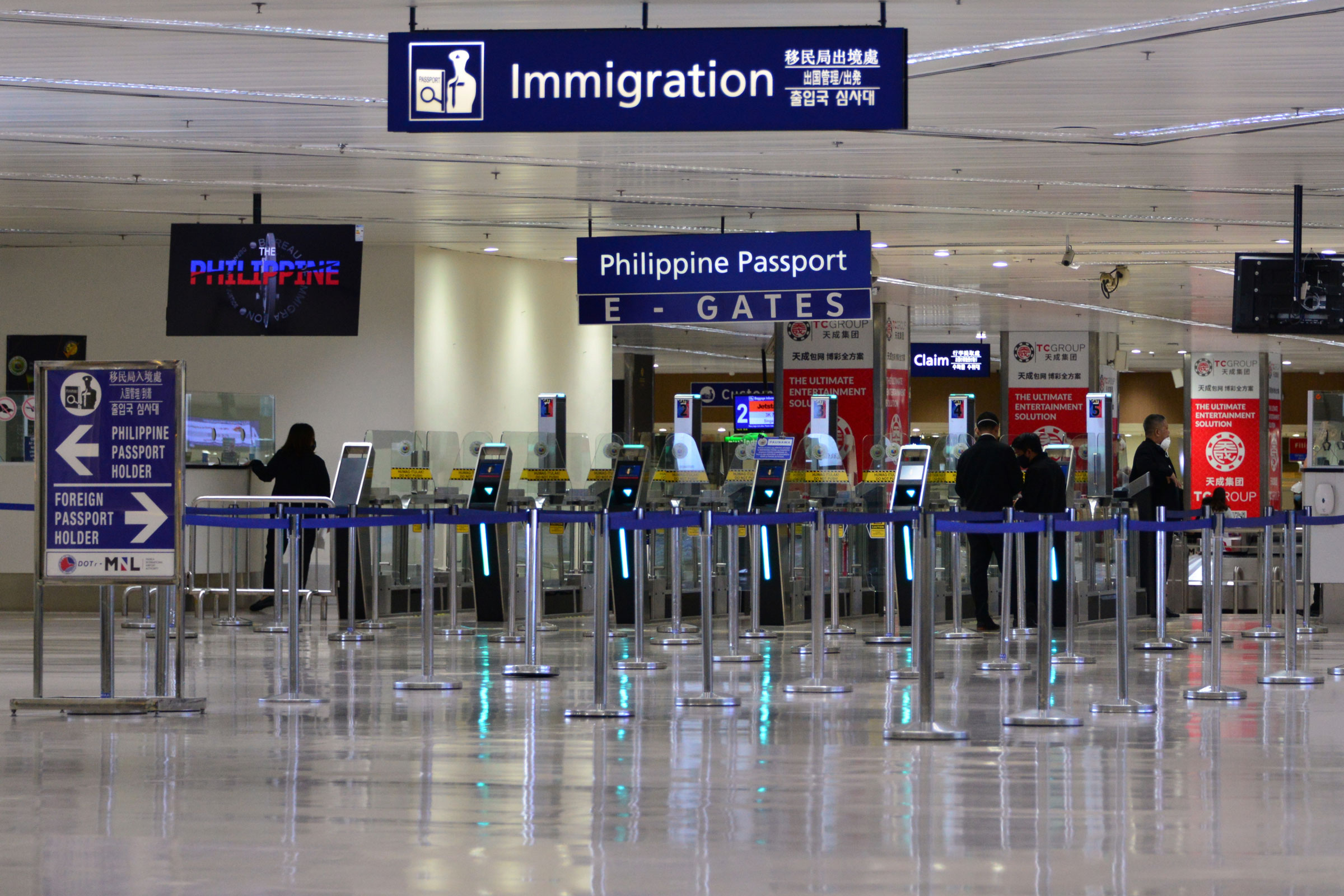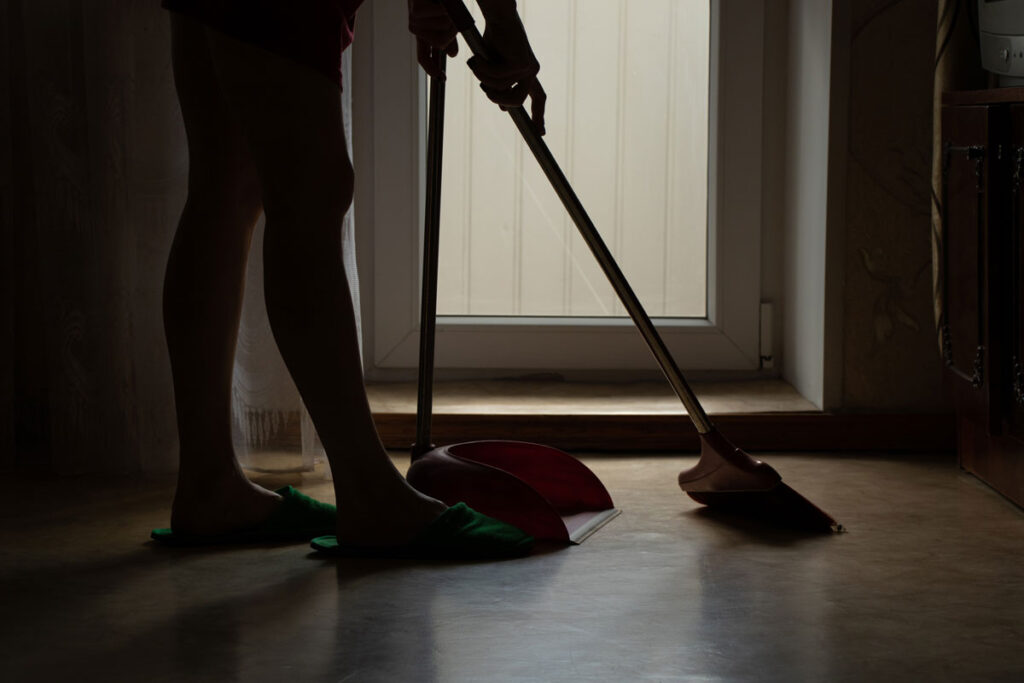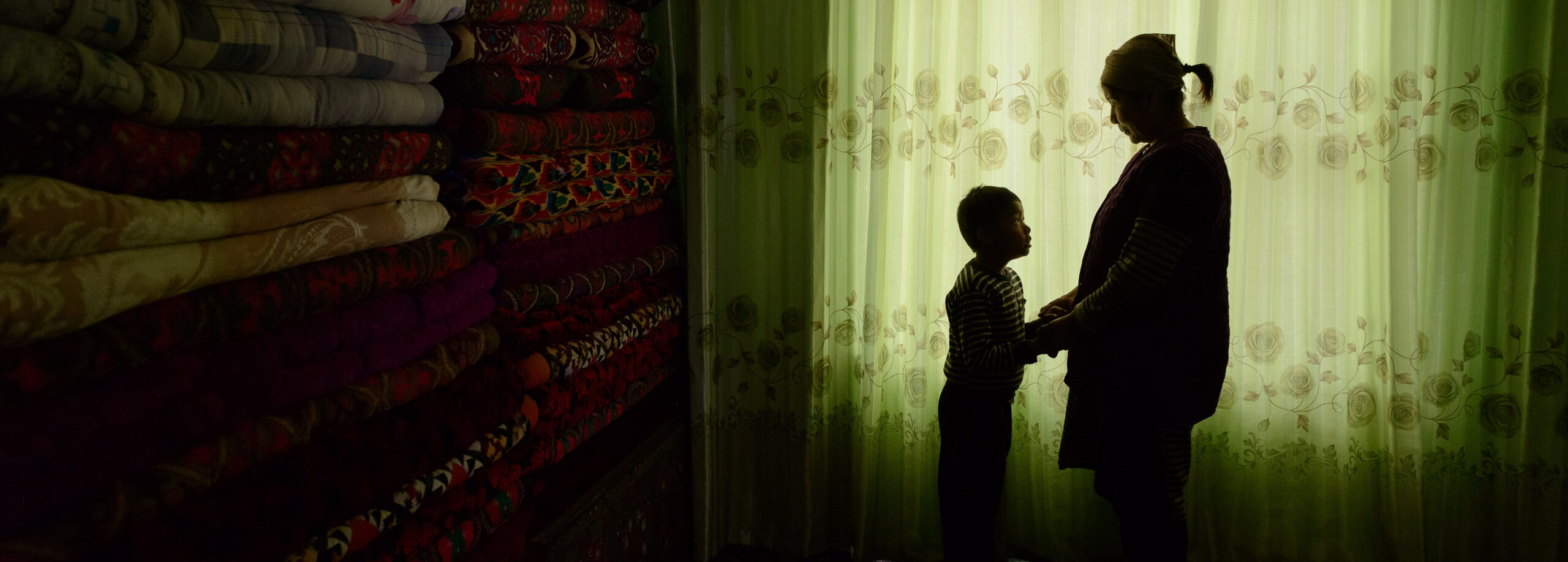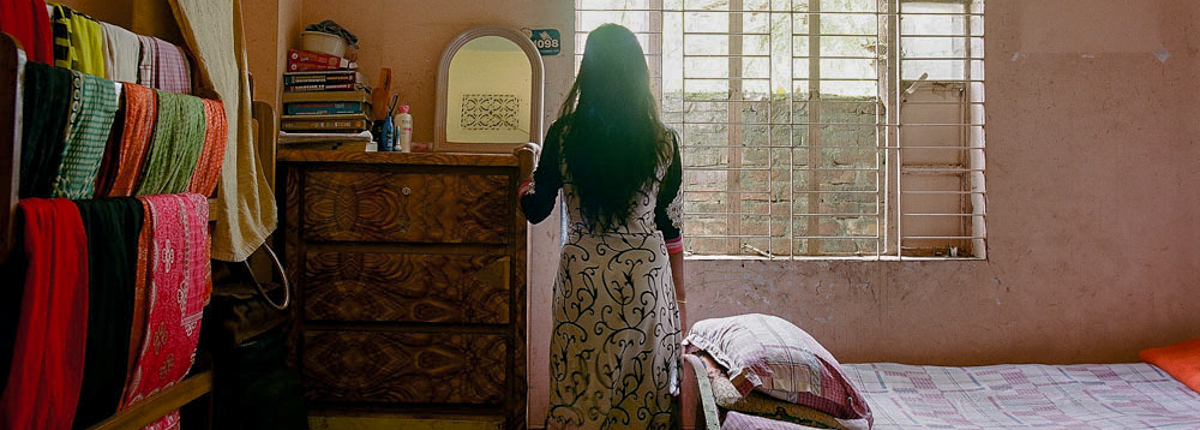
Resilience in the face of adversity: Ella’s journey home
By: USAID Asia CTIP and Migrasia
Note: Names have been changed to protect the privacy of the individuals involved.
For years, Migrasia, supported by the USAID Asia Counter Trafficking in Persons project, has been a lifeline for countless Overseas Filipino Workers − a term often used to refer to Filipino migrant workers, or people with Filipino citizenship who reside temporarily in another country for a period of employment. Through social media networks and direct assistance, Migrasia provides critical support to migrants in the region. USAID Asia CTIP partners with Migrasia and other organizations to combat human trafficking and empower survivors by offering resources and support essential for their protection and recovery.
Recently, there’s been a rise in distress cases involving Filipino migrants in Saudi Arabia. Among these, Ella’s story stands out as a testament to courage, the relentless pursuit of justice, and the impact of collaborative efforts in supporting victims of trafficking.

A request for help
On Jan. 26, 2024, Migrasia received a distress message from Ella’s brother. Ella had been employed as a domestic worker in Saudi Arabia for just three months when her brother reported alarming conditions: She was being mistreated, confined, denied food, and her wages were withheld. The situation escalated when her employer secretly took her to Egypt, where she was confined without food for nearly a week.
Migrasia sprang into action, sending requests for assistance to various government agencies in the Philippines and abroad to initiate her rescue.
By January 29, communication with Ella had been lost for almost a week, intensifying fears for her safety. Migrasia sent follow-up emails to the agencies concerned. Ella sent a photo showing fresh bruises from physical abuse by her employer. Shockingly, her salary had been deducted for eight days due to her confinement.
A glimmer of hope
On February 8, Ella’s brother informed Migrasia that she was back in Saudi Arabia under the care of her employment agency. However, her personal belongings and withheld wages had not been returned. The agency sent a video showing that she was in their care, but concerns remained. Ella was asked to purchase her own ticket back to the Philippines, a cost that should have been covered by her employer or agency. Migrasia advised against this, insisting that the responsibility lay with the employer or agency.
The journey home
By March 22, the exit visa process had begun and Ella’s return to the Philippines was arranged. On March 26, her brother reported that while she received her salary, her personal belongings were not returned, and she had to purchase her own ticket with a promise of reimbursement from the Philippine agency.
Thankfully, Ella arrived back in the Philippines on March 28. With guidance from Migrasia, she began the process of seeking justice against her employer and agency.

Seeking justice
On April 5, Ella filed a complaint to reclaim the ticket refund, unpaid wages and moral damages due to the abuse and other negative experiences. The conciliation process through the Filipino government’s Department of Migrant Workers began on April 17, but agency officials failed to attend the first two meetings. Persistence paid off, however: During the third scheduled meeting, the agency agreed to Ella’s demand of reimbursement damages in the amount of ₱70,000 – or approximately $1,200 U.S. dollars. In addition, Migrasia assisted Ella in obtaining financial aid from the government’s Overseas Workers Welfare Administration worth ₱20,000, equivalent to about $343 USD.
Turning the tide: Empowering survivors like Ella
Sadly, Ella’s story is not unique. Saudi Arabia currently employs an estimated 3 million migrant domestic workers, the majority of whom are women from countries such as the Philippines, Indonesia and Ethiopia. These workers often face vulnerabilities tied to the kafala (“sponsorship’’) system, which limits their employment mobility, making it difficult for them to change employers without their sponsor’s permission. This system increases their risk of exploitation, because leaving an abusive work environment can lead to deportation or other legal complications.
USAID Asia CTIP has partnered with Migrasia to empower migrant domestic workers and strengthen supportive online communities since 2021. Migrasia’s Migration Support System is operated by nine people from adjacent migration backgrounds, meaning that they are former migrants or their family members, who provide assistance with employment or migration-related issues. These specialists provide various services, including information, dispute resolution, and filing legal and administrative cases.
Through this collaboration, Migrasia has successfully helped 2,397 exploited migrants return home and seek justice. The majority are women, followed by men, with a small percentage classified as other. Most clients originated from the Philippines, Indonesia and Uganda, with Hong Kong, Saudi Arabia and Taiwan the primary destination countries. These efforts have led to migrants receiving over $38,000 in total compensation.
From silence to strength: The role of survivor-led initiatives
Since its inception in 2016, USAID Asia CTIP has remained committed to working with organizations like Migrasia, led by individuals and communities with lived experience who are able to draw on their personal journeys and innate understanding of the local context to ensure that programming is reflective of the needs and wants of the individuals served. USAID Asia CTIP also has conducted participatory action research with ANIRBAN, a survivor group in Bangladesh, over the last two years to better understand how the group emerged, the mechanisms that make the group so effective, and what practitioners can do to walk alongside. This work has culminated in a recently published practitioner’s guide to supporting survivors’ groups.
If you or someone you know is an OFW in need of assistance, please reach out to Migrasia through social media channels: “We are here to help.”

Related Projects

USAID Asia Counter Trafficking in Persons (CTIP)
Complex problems require transcendent solutions, ones that span borders and sectors. Human trafficking is such a problem, and the USAID Asia Counter Trafficking in Persons program (USAID Asia CTIP) is such a solution. USAID Asia CTIP is a regional activity that focuses on transnational and regional challenges to combat human trafficking. The program aims to…
